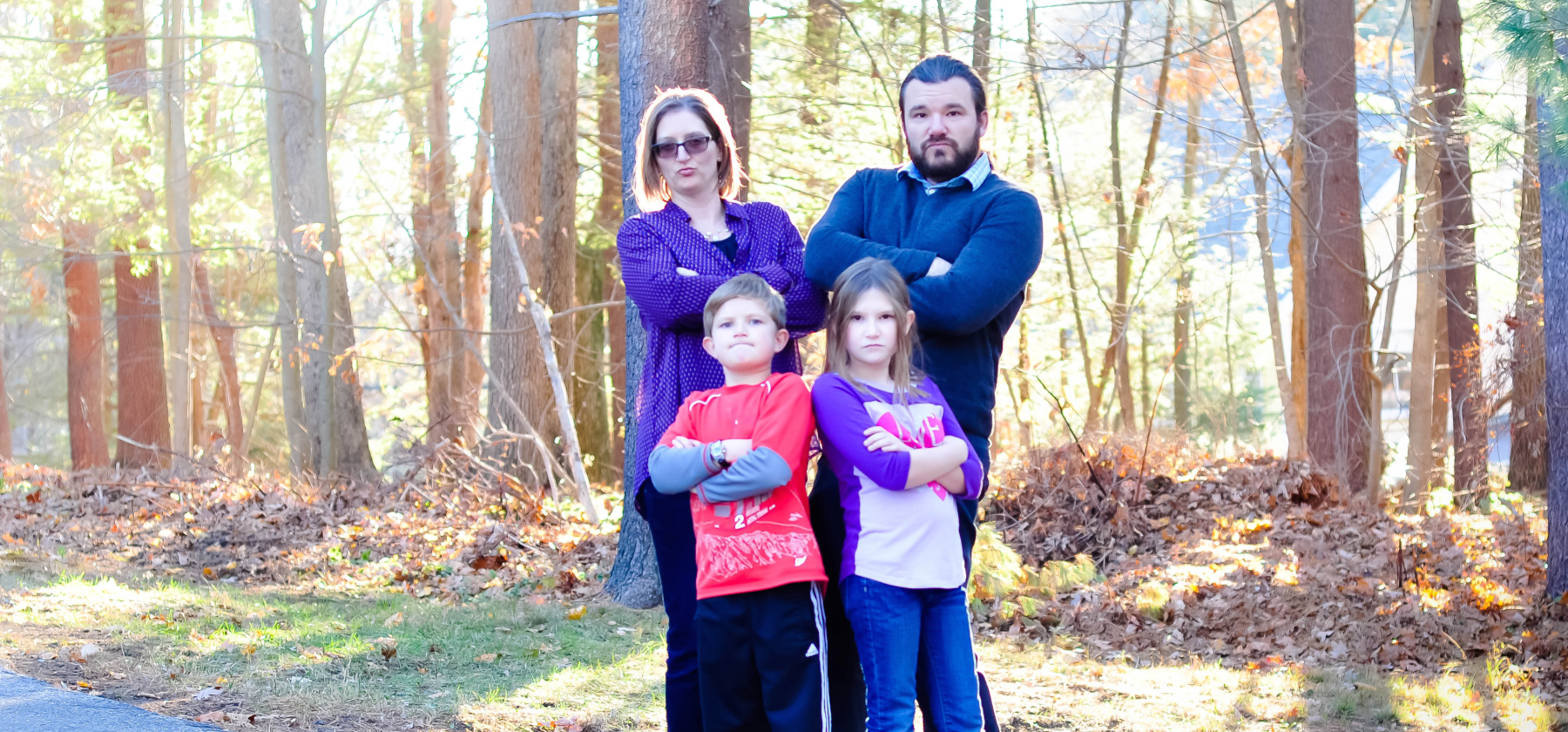Fluent in the Past, Influencer of the Present
History and Latin instructor Ian Drummond believes that any kind of history gets us out of our own cultural bubbles of the present. “It has a net present value of informing decisions; history teaches empathy, which is the great human trait,” says Drummond. “That’s a big part of what makes us human.”
As for his own history, Drummond grew up in Virginia and studied history and economics at George Mason University. During his senior year, he took a Latin class and felt the call to seminary. He went to Gordon-Conwell Theological Seminary for his Master of Divinity degree, where he continued to study Latin and added Greek and Hebrew to his repertoire. He then went on to earn a master’s in classics at Tufts University and is working on a doctorate in classics at the University of Florida.
At Gordon, Drummond works hard to bring classical subjects to life—leading his Latin class in annual Christmas-time carols in Frost Hall, and bringing his “Historical Perspectives on Culture, Belief and Civilization” core class outside, when the weather allows, to do an archeological dig as the final.
He also does three to five separate independent studies with students each semester to personalize their academic pursuits. These mostly focus on historical and classical topics because he wants to ensure that each student not only meets their major requirements, but does so in subjects they truly enjoy. “They are awesome students,” Drummond says. “They are all super-motivated to take the classes because they enjoy them. I find they do all kind of fun stuff and they write really well. So it’s a pleasure to do that with them.”
Some might wonder how history and Latin are still relevant in our modern society. Drummond has a lot to say on the topic: “You know the cliché that history is bound to repeat itself? That’s true. But just like studying other languages and cultures, history shows us how much we have in common with others. When we find common threads throughout history, we realize that we aren’t really that different after all.
“History is what happened in the past—but it’s taking what happened and weaving it into a particular story. The responsibility of historians is to maintain that memory; historians are the keepers of memory, and that’s a serious charge.”
In the present, photography is one of Drummond’s big focuses. He does mostly family, kids and nature photos, but has just started doing weddings and more formal events. It’s something he says he’s always enjoyed doing and it has simply evolved over time.
He recently began teaching photography for Gordon’s Graduate Education program. “It’s very hands-on,” he says. “I teach what I know, like how to make your camera do what you want it to do with available light photography. Also how to work with your environment to get your photo. I really enjoy that class.” (Some of Drummond’s genius may only be available if you take his classes, but you can check out his photography at www.drummondphoto.com.)
When he’s not teaching, photography, caroling or leading archaeological digs, Drummond spends his time working as associate director of New Hope Tutorials, which provides small-group education for middle and high school homeschool students.
By Sierra Elizabeth Flach ’18, communication arts and English language and literature (creative writing)
Pictured above: Drummond with his wife, Jennifer, and two children
 The Bell
The Bell